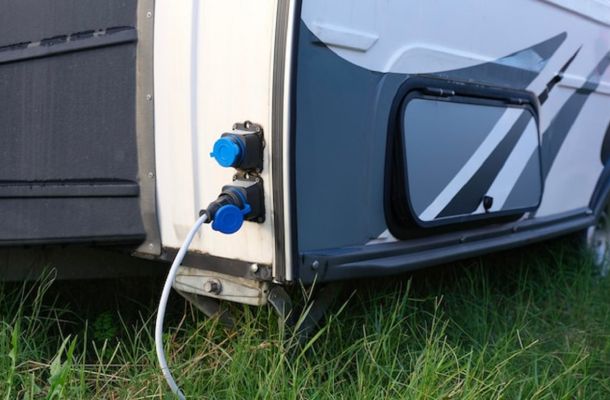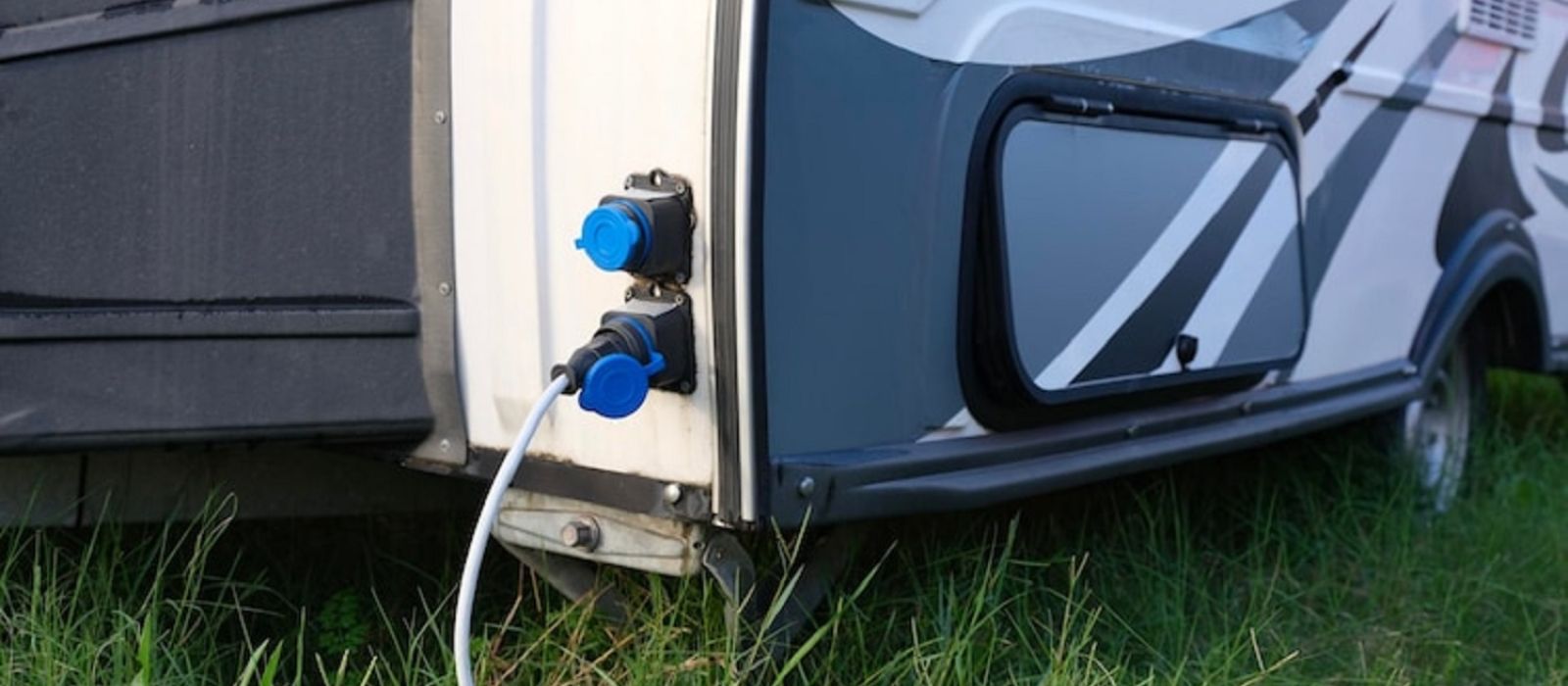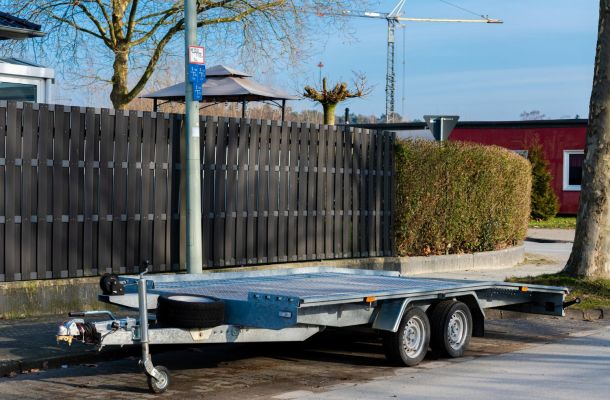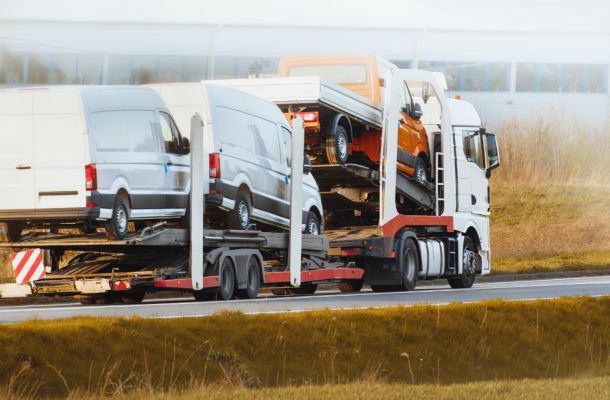
Quick Fixes for Common Trailer Electrical Problems

When you’re hauling gear, tools, or equipment, the last thing you want is for your trailer lights to cut out or the battery to die halfway through the job. Electrical problems can creep up fast, especially with the heat and long driving hours we often get here in Albuquerque during August. Good electrical function isn’t just about convenience. It keeps you and other drivers safe on the road. Whether it’s making sure your brake lights work or that your load stays visible at night, these small systems play a big role.
The good news is that not every trailer issue requires a big fix. Some of the most common electrical problems are things you can spot early and handle quickly before they turn into something serious. Knowing what to look for and how to act can help you avoid delays and extend the life of your trailer’s electrical setup.
Understanding Trailer Electrical Basics
It helps to understand what makes up your trailer’s electrical system before you start diagnosing a problem. Most trailers run off a few core parts, and if one goes bad, your whole setup can get thrown off.
Here’s how everything connects:
– Battery: If your trailer has lights inside or powered add-ons, they probably run on a battery. The battery can charge through your tow vehicle or separately.
– Wiring Harness: This carries signals and power from your tow vehicle to your trailer’s lights and other systems.
– Connectors and Plugs: These link the wiring between your truck and trailer. If they corrode or get loose, signals may not reach your lights at all.
– Lighting: This includes brake lights, turn lights, tail lights, and side markers. All rely on signal flow through your wiring harness.
Each component has its weak spots. Summer heat in Albuquerque can add stress to an already worn system. Vibration from rough roads or long hauls just adds to the damage. Something as simple as a loose ground wire or cracked wire insulation could make your lights flicker or stop working completely.
For example, if your lights go out suddenly after hitting a bump, it might be something as small as a bad connector. These types of issues can lead to bigger problems and safety violations if not caught early. Knowing the basics makes spotting early signs a lot easier.
Common Trailer Electrical Problems
Let’s look at a few of the most frequent electrical issues we see with trailers in the Albuquerque area. With more hours on the road during the late summer, the weather and wear can bring out weak spots faster than usual.
1. Trailer Lights Not Working
This is probably the most common complaint. When brake lights, turn signals, or tail lights stop working, it’s more than just frustrating. It can be dangerous. It might be because of a blown fuse, a dirty or rusted connector, a broken bulb, or water sneaking into the light housing.
2. Battery Isn’t Holding a Charge
If your trailer lights or powered accessories work off a battery that seems to die quickly, it could mean the charge isn’t getting through, or the battery is struggling in the heat. Corroded wires or dirty terminals can mess with charging. Batteries also just weaken with time, especially during extreme heat.
3. Wiring Problems
Flickering lights or dead signals could come from wire damage. Wires that get pinched, frayed, or chewed by rodents over time can break your circuit. Trailers parked too long or stored outdoors are more likely to have problems like this.
Quick checks between hauls go a long way. Replacing a bulb might seem helpful, but it’s smart to think about what caused it to blow in the first place. Heat and hauling take a toll, especially in late summer. Spotting the signs early helps you stay on top of things.
Quick Fixes and Troubleshooting Tips
If something seems off, there are a few quick checks that can help you stay moving. Albuquerque’s dry heat can speed up wear, but small steps at the right time keep things running smoother.
A few things to look out for:
– Clean corroded connectors with baking soda and water or an electrical contact cleaner. Dry everything completely before reconnecting.
– Replace blown fuses. Most trailers have a fuse box around the battery or near the A-frame. Carry a few extras just in case.
– Keep spare bulbs on hand. Swapping a burned-out tail light on the side of the road is quicker than hoping for daylight.
– Tie down loose wires using electrical tape or zip ties. Keep them snug to the trailer frame and out of reach of moving parts.
– Protect plugs with dielectric grease. It helps limit dust and moisture that mess with signal strength and lifespan.
Also, check the areas where your trailer’s wiring might rub against metal. That friction, combined with heat, wears down the insulation until there’s a short. A few zip ties and extra minutes spent inspecting these points could save you from a roadside repair job.
Doing a light check with your trailer hooked up and walking all the way around it can help spot failures before hitting the road. These small fixes won’t solve serious electrical problems, but they can help you manage short trips while you arrange a full inspection.
When Professional Trailer Repair Makes Sense
Sometimes, no matter how many quick fixes you try, things just don’t seem right. If basic maintenance hasn’t done the trick, it’s probably time to consider expert trailer repair in Albuquerque.
Here are a few signs that mean it’s time to get help:
– You’ve replaced bulbs and cleaned your connectors, but your lights still blink or fade
– There’s melted insulation, exposed wiring, or deep cuts in your wiring harness
– Your trailer brakes don’t engage correctly or feel delayed
– The battery keeps dying fast even when all connections seem clean
– You hear odd sounds like clicking, crackling, or buzzing when turning or hitting the brakes
Some trailer circuits connect to other important systems, not just lights. A single bad connection could affect your brakes or power hookup too. Getting it looked at professionally means the whole system gets checked—something you can’t always do in your driveway or out on the road.
Shaking, dust, and long-distance travel can expose weak patches that don’t show up until your trailer is already in motion. Trained repair techs have tools to check for loads, short circuits, and hidden issues that basic inspections can miss. When your trip depends on everything functioning the way it should, guessing your way through repairs is rarely the right move.
Keep Your Trailer Rolling Without Surprises
Good wiring and working lights keep your trailer ready for the next haul. If you’re out on jobs, traveling for a project, or towing across Albuquerque’s highways, having fully working electrical systems makes your trip more efficient and safe.
August is a good time to take a second look at your trailer’s setup. The heat, dust, and long hauls can test your gear this time of year. Checking on your lights, wires, battery, and connections now could help avoid bigger breakdowns later.
If a fix seems simple, handle it. But don’t wait too long when problems keep coming back or seem more serious than they look. Timely trailer repair can prevent damage to your system and give you peace of mind when you’re back on the road. Regular inspections now mean fewer surprises down the line.
Keeping your trailer in top shape is not just about relying on quick fixes but knowing when professional care is required. For comprehensive solutions to electrical problems, schedule a trusted trailer repair in Albuquerque with New Mexico Trailer Depot. Our team is here to get you safely back on the road with repairs you can count on.

